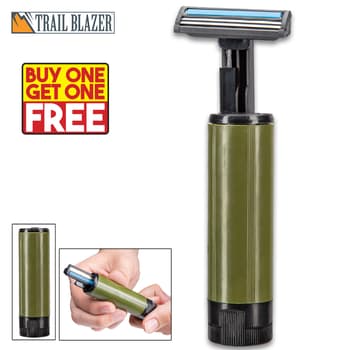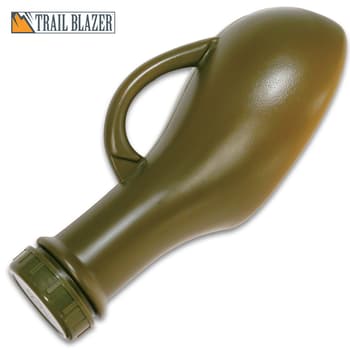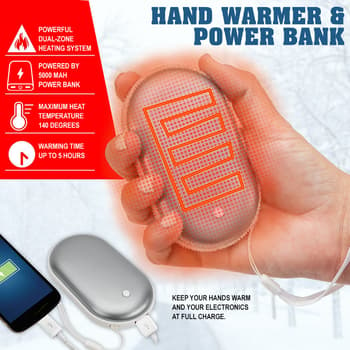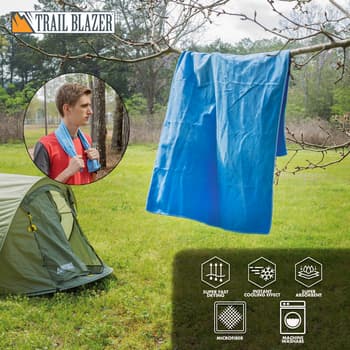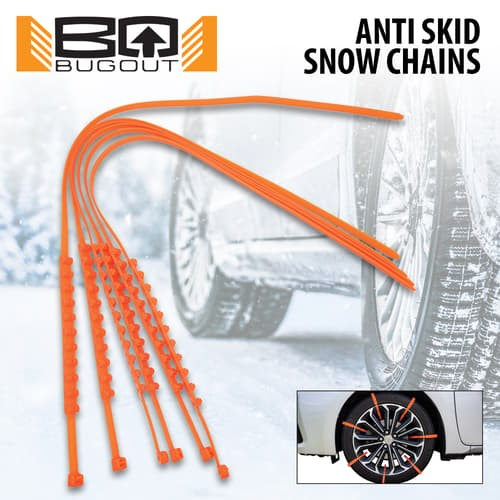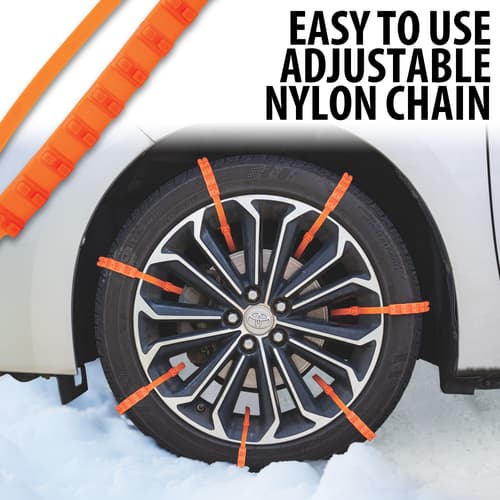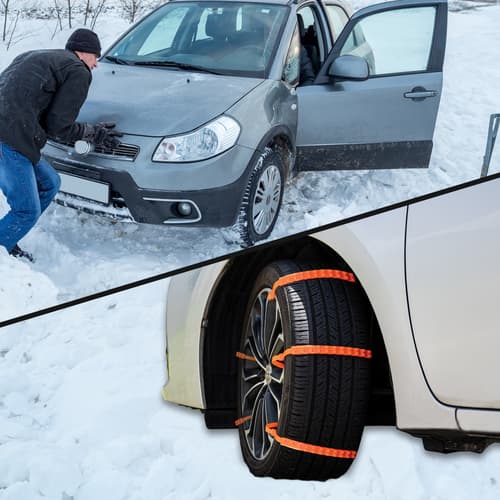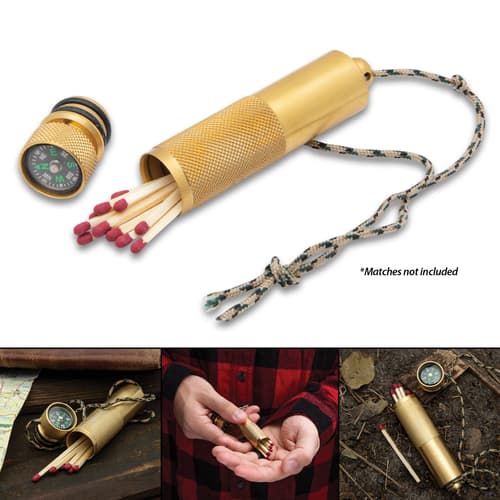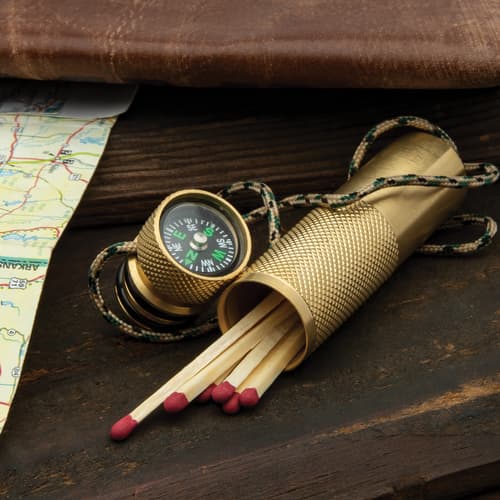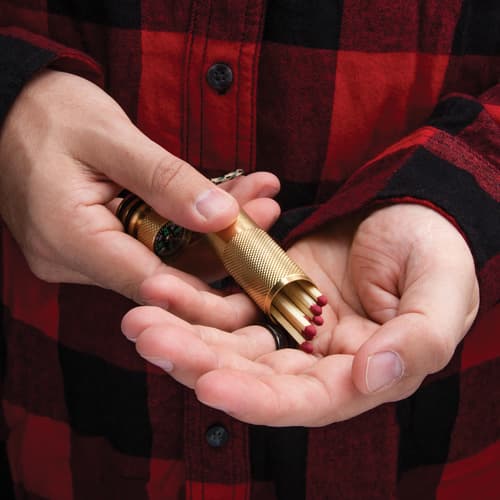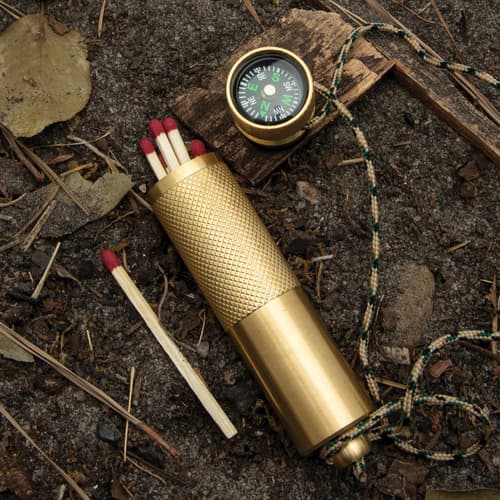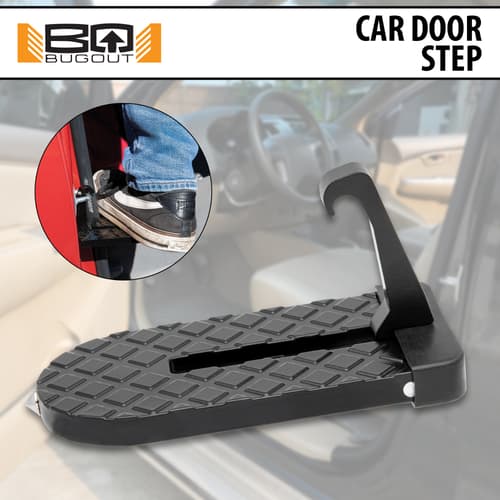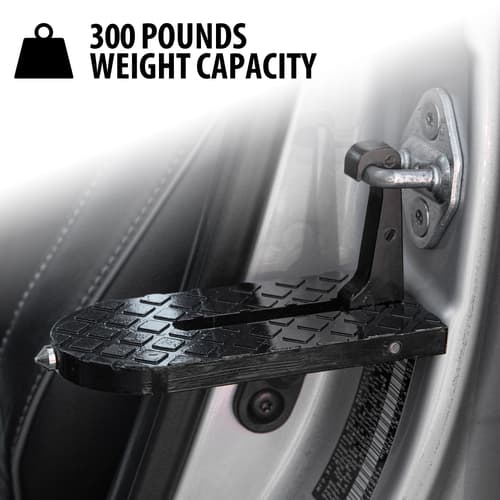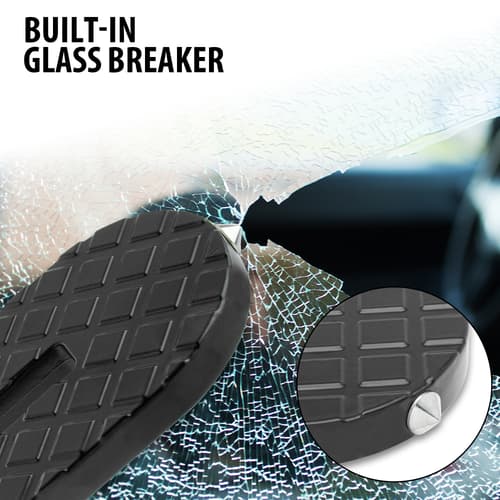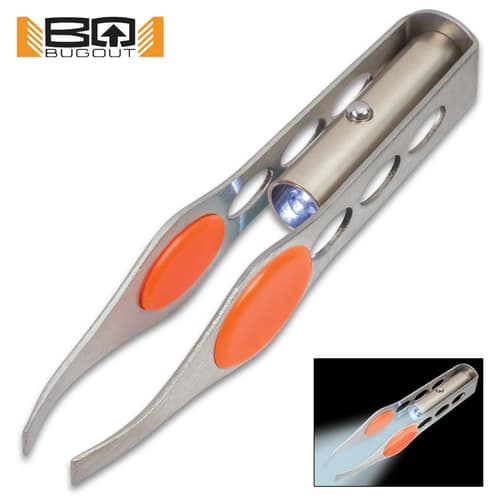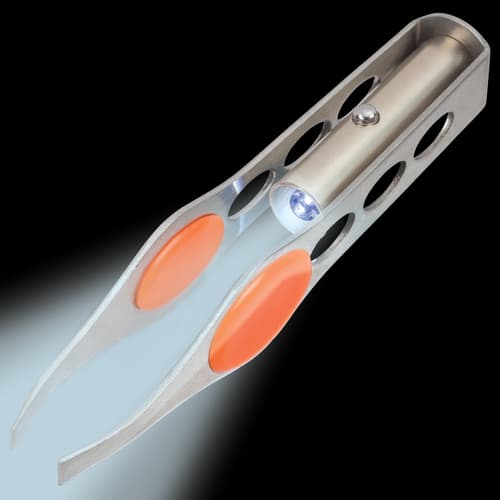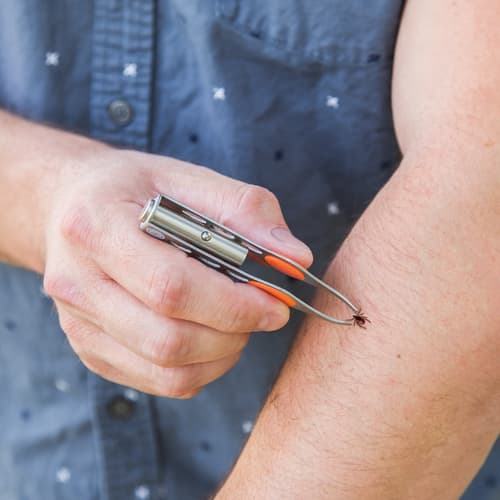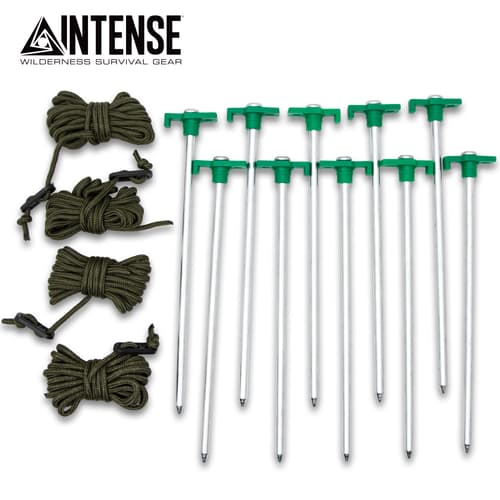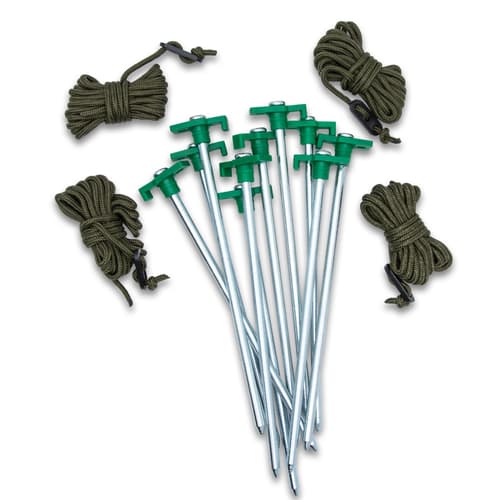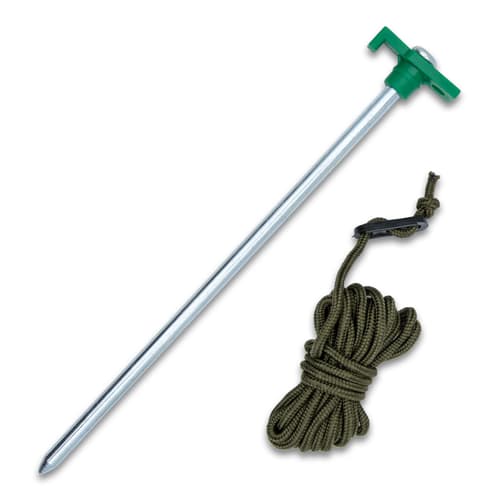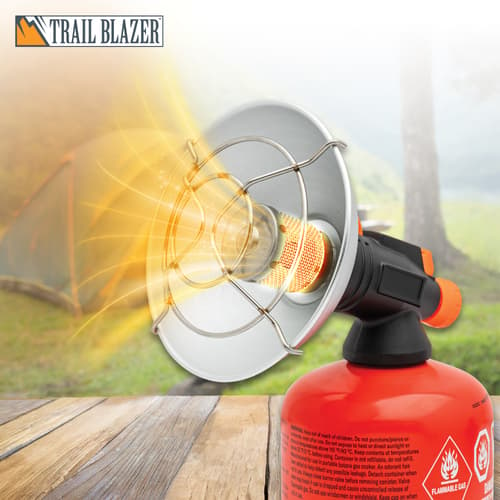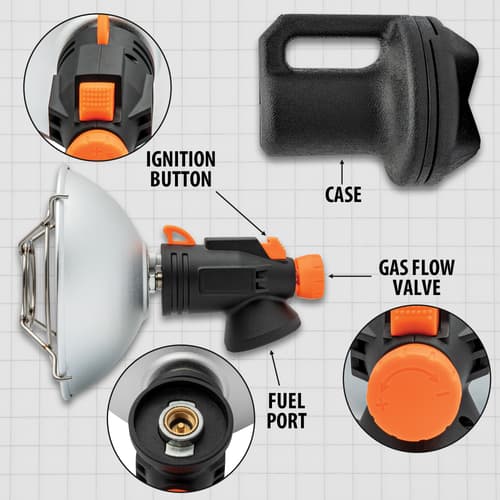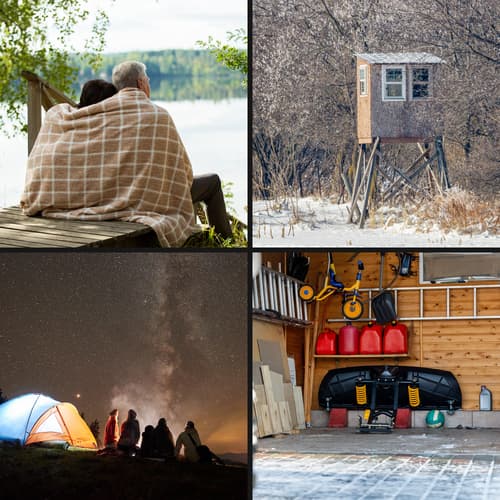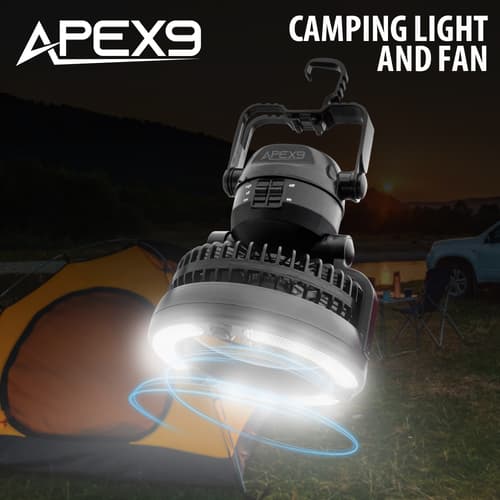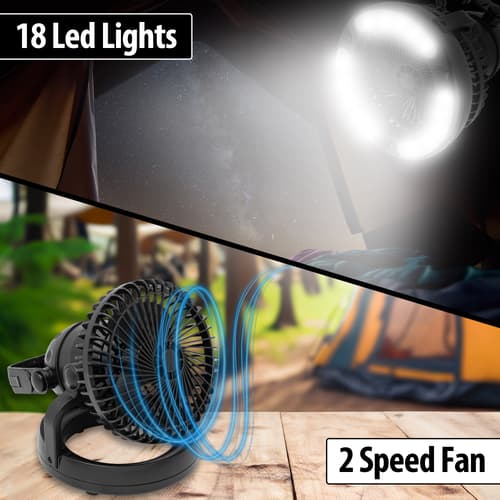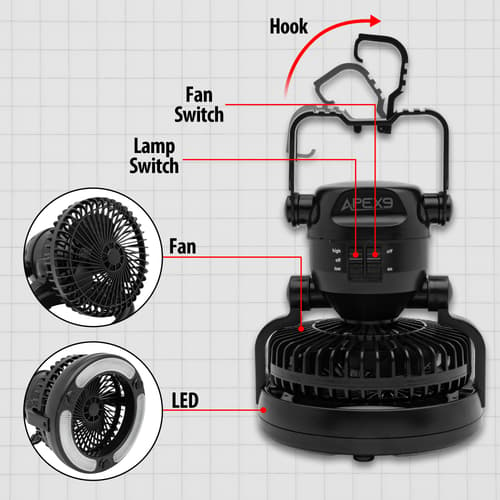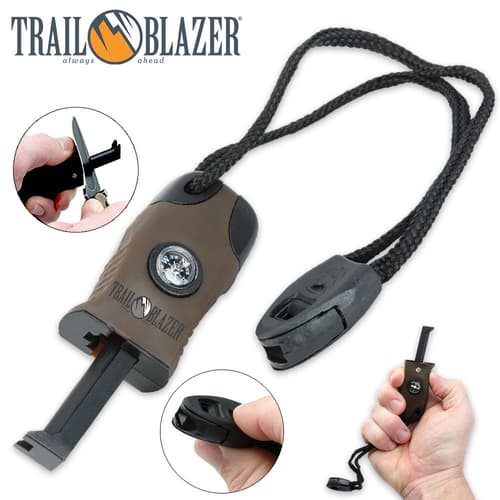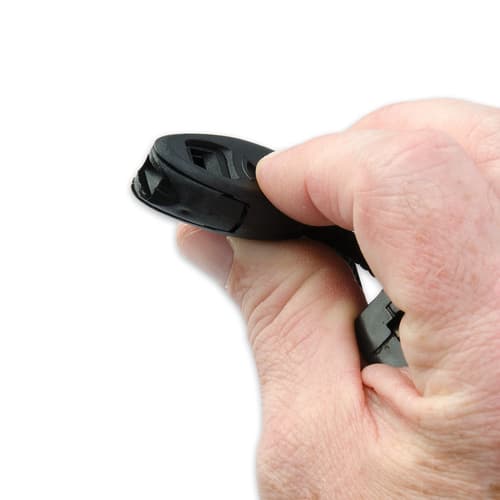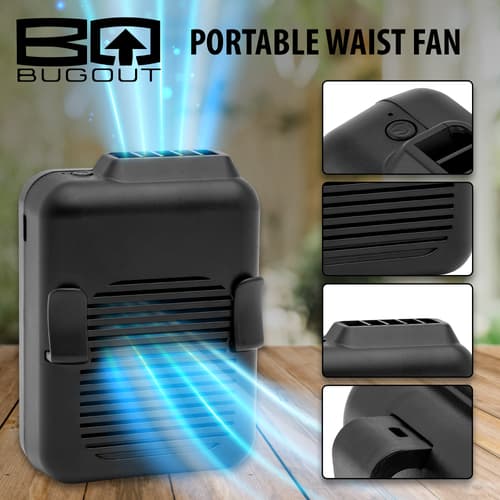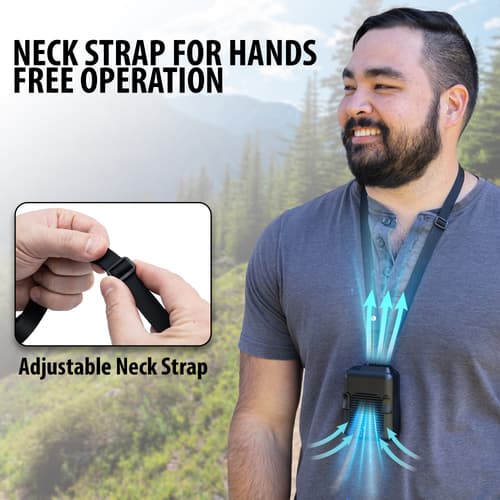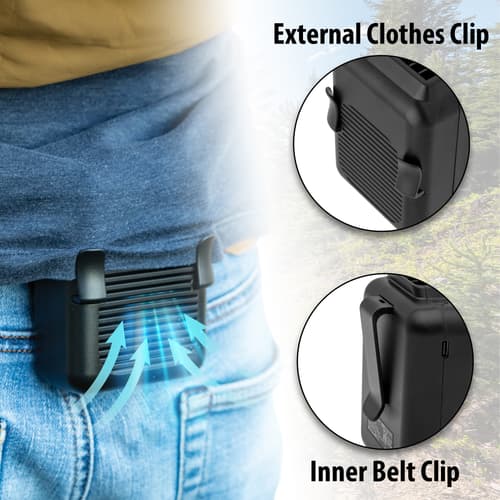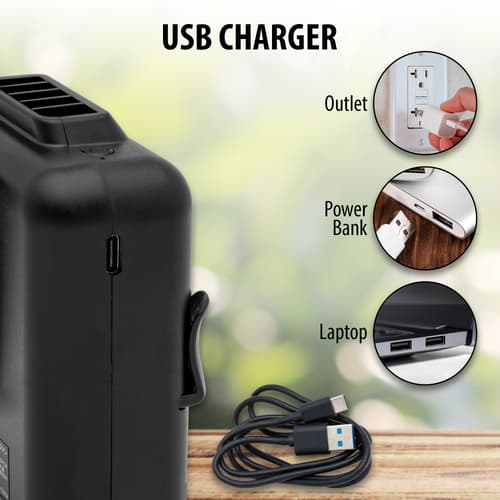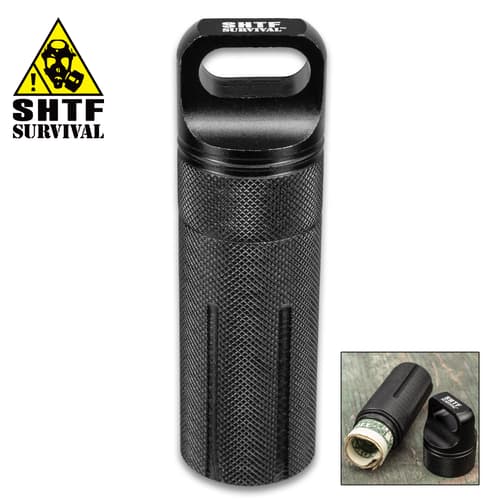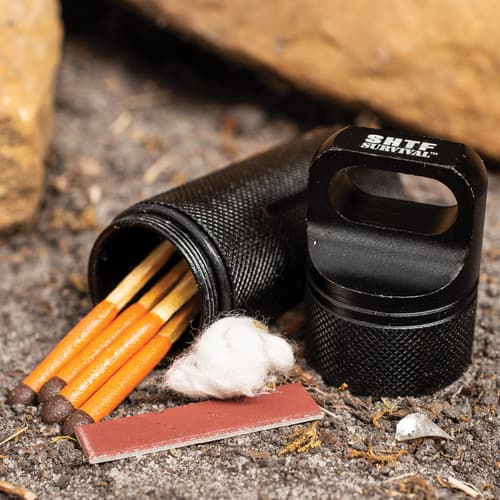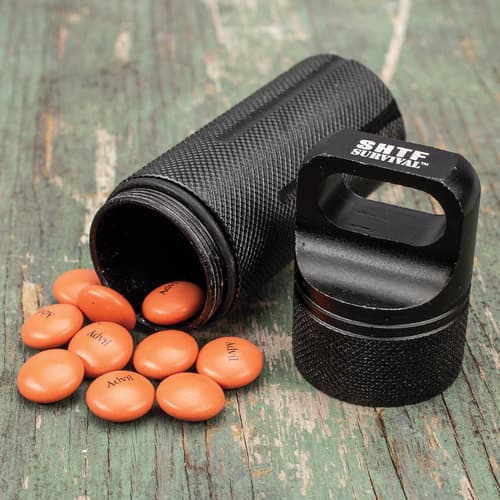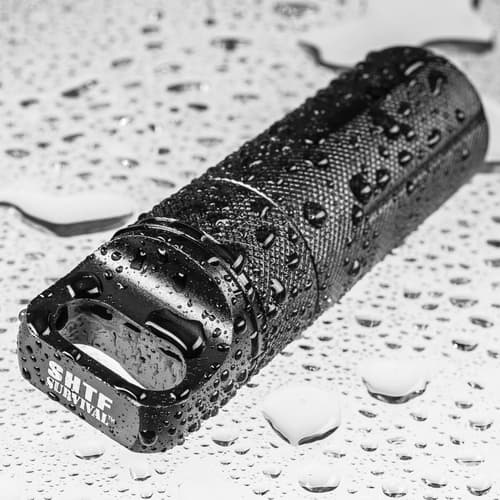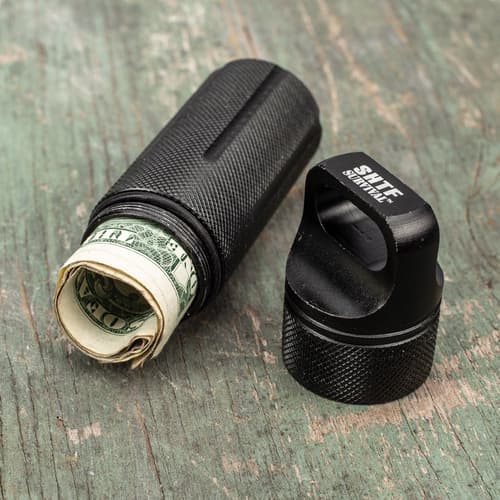Staying Clean and Healthy in the Wild
Staying Clean and Healthy in the Wild

By Adelia Ladson
Outdoor hygiene skills are something most people don't think about but can not be discounted when you're spending any amount of time living outside. A large number of illnesses happen because of poor hygiene practices and just the simple practice of washing your hands diligently can ward off common ailments. Whether you're camping, hiking, or bugging-out, you need to make sure that you have a good routine in place to keep yourself and your environment clean.
Let's Start With the Basics
There are a few basic hygiene skills that you absolutely need to practice at the very least, if you don't do any of the others. These are the ones that will ultimately keep you healthy and alive.
Wash your hands
Like I said above, the most basic thing that you can do is wash your hands, since they're your primary contact with your environment. If you can't wash anything else on your body, at the very least, you need to wash your hands. Wash them before you cook, before you eat and after you go to the bathroom. These are things that you already know. Now here are a couple of ways you can accomplish it in the wild.
Soap and water: When you have a source of water in your area it's the ideal situation for keeping your hands clean. You need to make sure that you have a bar of soap in your gear and a container to hold and carry water. Another important item is some kind of brush to clean your fingernails with. Your hands aren't really clean if you have dirt underneath your finger nails, which is a common occurrence when you're camping out in the wild for any length of time.
Hand sanitizer: If you're on the go and don't have access to water or time to source it, you need to use hand sanitizer. So, make sure that you pack some in your camping or bug-out gear and, if you're traveling with family, make sure that there's a bottle for each person.
Take care of your feet
When you're hiking or on the run after SHTF, you absolutely need to take care of your feet, or you won't get very far. This is one rule the Army hammers into their soldiers' heads. The best way to do this is to change your socks frequently so that your feet stay dry and bacteria free.
Extra pairs: Of all the items in your gear, a pair of socks is the one item that you need to have multiples of over everything else. And the best socks that you can have are ones that are specifically made for hiking.
Wash them: When you get a chance, you need to make sure that you wash your dirty socks and let them dry. If you are able to, wash them with any soap that you've brought with you. If you can't, then, at the very least rinse them out in whatever running or moving water source is available (not stagnant) and hang them to dry in the sun either on a branch or on the outside of your backpack while you're on the move.
Take care of your teeth
You can't underestimate the health of your mouth and teeth affecting your overall well-being. Not taking care of your mouth and teeth leads to bacteria that will travel through the bloodstream, making it more difficult for your body to fight off infections. Bacteria from the mouth that enters the bloodstream can cause arteries to harden and increase the risk of a stroke or heart attack, can lead to respiratory infections and pneumonia and can even travel to the brain and kill brain cells.
Toothbrush and paste: Of course the best way, that we all have known since we were children, is to just brush your teeth with toothpaste. SHTF shouldn't stop you from doing this and a toothbrush and paste is one of the important things that needs to be in your bug-out bag. It may not be pleasant if you don't have water to rinse with, but it is still possible.
Hydrogen peroxide: As a temporary solution, you can rinse your mouth out with hydrogen peroxide, which needs to be diluted with water in equal parts. Absolutely do not swallow it, though! It can also weaken enamel if used for too long, too often or in too high concentrations. However, on the fly, you can use it to reduce bacterial growth in your mouth. It can help heal cuts and canker sores and, as an antibacterial, it can treat gum disease and sore throats.
Moving On to Keeping Your Body Clean
Now, here are the next set of hygiene practices that you need to be concerned about maintaining. You need to rid your body of dirt and bacteria, especially in areas where it can collect like between your toes, in your ears and around your genitals. Yes, I know, this isn't an easy thing when you're living outdoors and even more so if you're bugging out. You just can't afford, health-wise, to become a living breeding ground for bacteria. You may not be able to do it often because of the situation, but you can find a way to do it as regularly as possible.
Bathe yourself
All-over bath: Having access to enough relatively clean water for an all-over bath is the ideal. Like I said above with brushing your teeth, running water is what you need as opposed to stagnant water. If you're camping by a fast-moving river or stream, you can get in and bathe yourself with soap and water. If you have packed a water container and some kind of filtering system, you can do a soap and washcloth bath at your campsite after sourcing water from a pond or lake.
Quick wipe-down: If you're on the move and can't stop in one place for very long or don't have source to water, you can still try to remove as much sweat and grime as possible with antibacterial wet wipes. These are definitely an essential for your gear. Wiping down with them is better than nothing and a quick fix until you are in a position to be able to bathe with soap and water.
Wash clothes
It doesn’t do any good to completely wash your body if you're just going to put dirty clothes back on. The first chance that you get, you need to wash your clothes as best as you can. Understanding that you can't carry a lot with you in a bug-out bag or camping backpack, having, at the very least, two full sets of clothes and double the amount of underwear is really important. Then, you are able to change clothes and underwear a few times before they're all dirty and have a set to wear while you're washing and drying the other. Here are the couple of methods that you can use to clean your clothes in the wild.
Boil clothes: Just good old boiling water goes a long way toward killing bacteria and germs that are living in your clothes. You can boil water to purify it for consumption so you can certainly boil your clothes a bit to clean them.
Soap and water: You can wash your clothes just like you wash your body with soap and water in running water like a river or stream. If you have a makeshift water basin or collapsible sink, you can wash them at your campsite. When you're scrubbing them, make sure to really get areas like under the arms of the shirts and the crotches of pants where sweat and bacteria may collect.
Finally, Essential Housekeeping Practices
When you're camping or have found a place to go to ground for a few days or weeks after bugging-out, there are things you need to do to assure that your living environment is as hygienic as possible. If you're living in filth, it doesn’t matter how clean your body and clothes are because you still risk getting sick from bacteria in the environment.
Your latrine
The first thing that you need to do after you get your shelter set-up is to set-up your bathroom facilities, which means digging a latrine just like soldiers did or savvy primitive campers do.
Best location: You should dig your latrine in a secluded are about 200 yards away from your campsite. You don't want it any farther because you don't want to get lost in the dark. Also, it needs to be downwind of your campsite, if possible. The most important thing is that it needs to be at least 200 yards away from your water source so that it doesn’t contaminate it.
Cleaning site: After each use, waste needs to be covered with soil to keep animals and insects away from it. If you have brought toilet paper with you, unless it's biodegradable, it needs to be disposed of away from the area in a trash bag and that includes wipes, too.
Clean kitchen
This may seem like a no-brainer that you clean-up after cooking and eating but it is worth clarifying how clean your camp kitchen needs to be. It's essential not only for health reasons but also to keep unwanted animal guests away from your campsite.
Doing dishes: The ideal is if you have a collapsible sink and antibacterial dish detergent to really scrub all of your cooking and eating utensils. However, if not, once again, good old boiling will do a lot toward cleaning them, especially your eating utensils, which actually go in your mouth.
Food disposal: Never, ever leave any food or remnants of food out after you eat. This means, if you used a cutting board, it needs to be scrubbed, too. Your kitchen's prep area needs to be wiped down with soap and water just like your dishes. Food odors will attract animals and the smallest food particles will attract insects. Any food that was not eaten and cannot be saved unrefrigerated in sealed containers needs to be disposed of far away from your campsite. If you're camping in a park, this is easy because there will be bins specifically for this. If you're bugging-out, it's going to depend on what your situation is at any given campsite.
